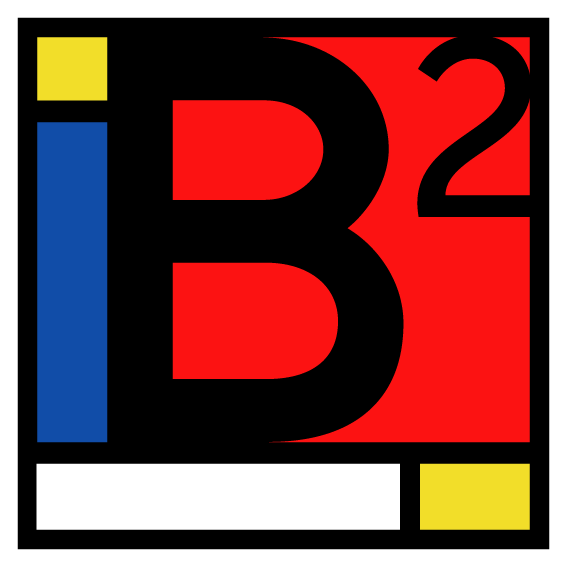Integrated Genomics Care
Category
Bioinformatics Applications, Genomics and Genetic BioinformaticsAbout This Project
In the era of high-throughput massive parallel sequencing, genome-wide analyses have become standard in medical health care. Although this (r)evolutionary technology has been increasingly important in the improvement of the genetic diagnostic yield in patients with rare genetic diseases, scientists and health care providers still phase many challenges.
With the implementation of low cost whole human genome sequencing, transcriptomics and epigenomics we enter a novel time frame of functional genomics and integromics health care, further expanding the possibilities in identifying the cause of rare genetic diseases. Patients will have ever more genomic information and thus will be in need of a more personalised, patient holistic guidance in decision-making and thus well framed counselling trajectory.
People
Matthieu Defrance (PI, IB2), Guillaume Smits (PI, IB2), Catheline Vilain (PI, IB2), Sonia Van Dooren (PI, IB2). Robin Grolaux (PhD student), Madalina Ciortan (PhD student).
Partners
ULB, VUB, UZ-Brussel, Eramse, HUDERF

